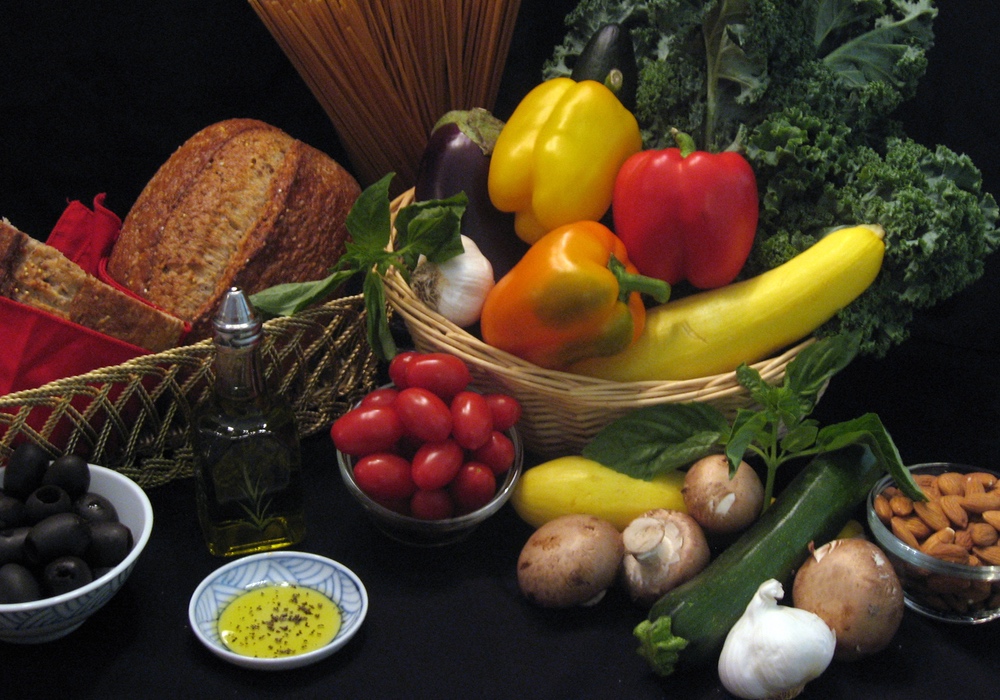The evidence is convincing and the verdict is in. We need to eat fewer foods that come from animals and more foods that come from plants.
The largest study yet to look at the effect of various sources of protein on the body reinforces the benefits of choosing plant foods over animal foods.
Researchers analyzed data from two long-term studies and found that the higher a person's diet was in animal proteins — meat, eggs and dairy — the higher their rate of mortality. Plant-based diets focus on fruits, vegetables, nuts, beans, legumes, whole grains, breads and pasta, had the opposite effect — they were linked to a lower rate of mortality.You don’t need to purchase expensive foods to gain the full benefit of a plant-based diet. If anything, a plant-based diet is generally far less expensive.
This held true particularly for red meat and processed red meats, according to the study. If you just can’t give up meat, chicken and fish are better choices, Mingyang Song, one of the study authors and a research fellow at Massachusetts General Hospital, suggests.
Meat includes all types of beef, pork, lamb, goat, as well as wild game like venison, bison and elk. Processed red meats are those that have been preserved by either salting, smoking or curing and are likely enhanced with chemical preservatives. Bacon, ham, sausage, luncheon meats, hotdogs and canned meats are all processed meats. Poultry, fish and other forms of seafood are not considered meat.When you consider that it might add a few quality years to your life to cut out some of those animal foods, you may want to begin to do what you can.
So how do you start the journey toward a more plant-based diet? As with all lifestyle changes, it helps to have a plan.
Make good use of the resources you have at your fingertips. There are countless recipes for meatless meals on the Internet. You might want to join the Meatless Monday movement which advocates giving up meat just one day a week; however, the website has hundreds of recipes for plant-based meals that will cover you every day of the week if you want. Plan a week’s worth of meals, make a grocery list and give it a try.It's okay if you aren't ready to give up everything animal.
Here are some ideas you can use to cut your meat intake and boost your plant consumption:
Plant foods labeled as vegan or organic often come with a high price tag, and while they can be very good for you, you don’t need to purchase expensive foods to gain the full benefit of a plant-based diet. If anything, a plant-based diet is generally far less expensive.
Keep it basic and simple. Eat mostly minimally processed fruits, vegetables, beans, whole grains, nuts and seeds, and you’re on your way to eating a plant-based diet. The study has just been published in JAMA Internal Medicine.





